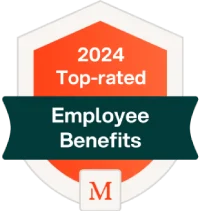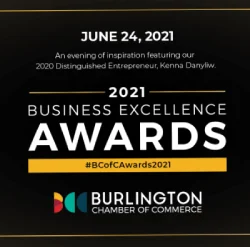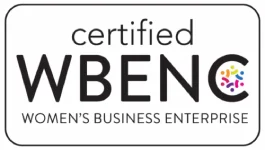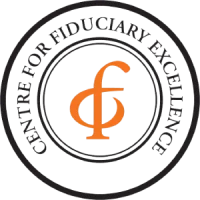Diversity Discussion: Terms to Know
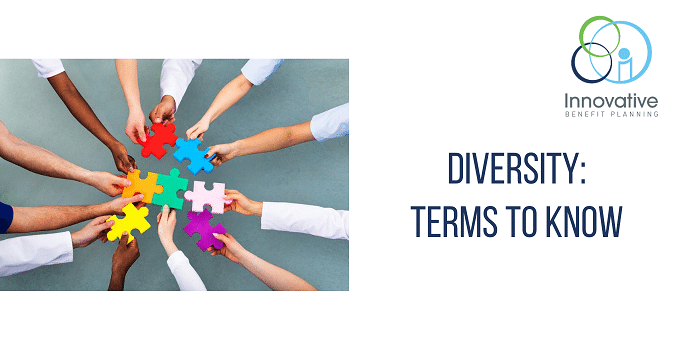
The concept of diversity is often presented to employees only in the negative – employees are told not to discriminate, or not to harass. But diversity is much more than that – when embraced and fostered, it promotes creative, engaged, happy workplaces. Beginning the diversity discussion with your workforce can be difficult, but there are several important terms to know that can be excellent ways to open a dialogue with your managers and other employees. This is not an all-encompassing list of terms, but it is a good place to start. Once you understand these concepts, it will put you in a better place to begin to have these conversations within your workplace.
Diversity
Diversity is synonymous with variety, but in this context, it is much more than that. Diversity is the acceptance and understanding that we are all unique individuals coming from different backgrounds. It means respecting people regardless of their race, ethnicity, age, sex, sexual orientation, socio-economic status, physical or mental disability, religious or political beliefs,
Inclusion
It is one thing to be diverse, and an entirely different thing to be inclusive. It is imperative that everyone feels equally enabled to speak up in the workplace. If members of your team do not feel empowered to speak up, your strides towards diversity are not as impactful.
Discrimination
Prejudicial treatment of people, on the basis of race, gender, sex, age, religion, national origin, sexual identity, familial status, disability or other protected characteristics.
Unconscious Bias
Unconscious biases are social stereotypes about certain groups of people that individuals form outside their own conscious awareness. These are unconscious beliefs about various social and identity groups. We all have bias and it is important to be aware of this. By addressing bias, you can work to implement changes that avoid the opportunity to be biased.
Microaggressions
Microaggressions are brief and commonplace daily verbal or behavioral indignities directed at marginalized groups. These can be intentional or unintentional and do not always have intended malice behind them. Some people might think these are “not a big deal,” but they can produce harmful effects for members of these marginalized groups.
Intersectionality
The interconnected nature of social categorizations such as race, class, and gender and the interplay with discrimination and bias. When addressing diversity and inclusion, harassment and discrimination, consider the various components of people’s identities (gender, race, religion, sexual orientation, etc.)
Structural Racism and Sexism
A system in which policies and practices reinforce and perpetuate racial or gender group inequity.
Privilege
Privilege is a special right, advantage, or immunity granted or available only to a particular person or group. Due to the structural norms of society, certain groups of people experience greater difficulties in life than others. On the flip side, there are also people that receive certain benefits as a result of their belonging to a particular group. It is important to recognize that privilege is a fact, not a judgment.
Equality
Treating everyone the same way, often while assuming that everyone also starts out on equal footing or with the same opportunities. This ignores the reality that there are many people who are not afforded the same opportunities in life and must work harder to achieve their goals.
Equity
Working toward fair outcomes for people or groups by treating them in ways that address their unique advantages or barriers.
Incorporating positive diversity language into your workplace can be a great first step in promoting a workplace culture that values and embraces different backgrounds, abilities, and points of view. This shift can make your workplace a desirable place to work for current and prospective employees alike and can be an important proactive step in reducing potential legal liability. Innovative’s HR consulting team is uniquely positioned to help your organization take the next steps in creating and implementing policies, procedures, and training that can foster diversity in your workplace.
Innovative HR Consulting
The Innovative Human Resources team partners with organizations to provide solutions to the exceedingly challenging demands of today’s business environment. Our team develops a customized approach to suit your organization’s needs. We provide you with support and solutions for:
- Policy and employee handbook development
- HR Compliance, Audits, and Assessments
- Compensation and rewards strategy
- Harassment, discrimination, diversity and inclusion training for managers and employees
- Navigating challenging HR and compliance issues
- HR department outsourcing
- Human capital and culture
To learn more, visit here.
Categories
Archive


